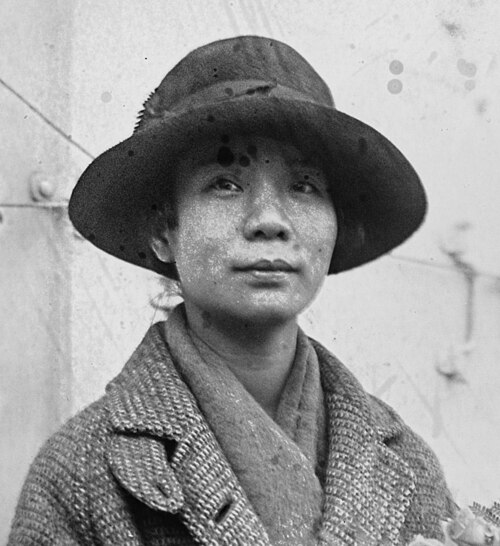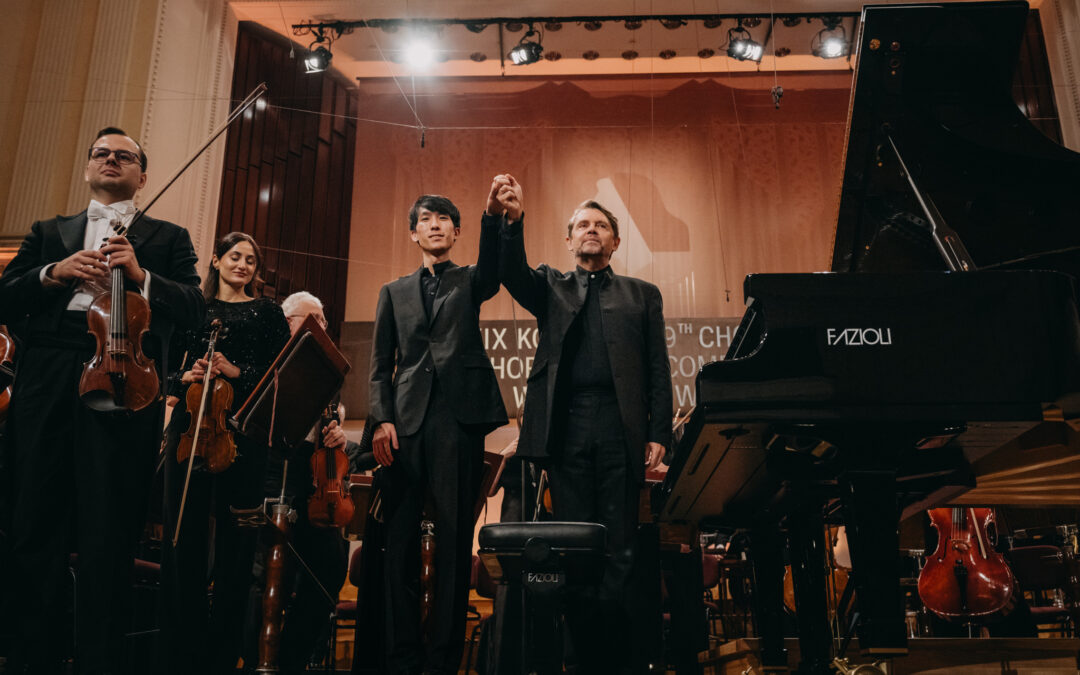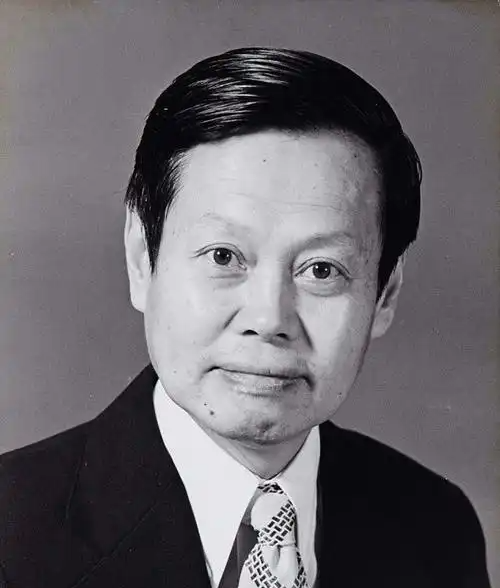October 7 marks the birthday of Mabel Ping-Hua Lee, a pioneering Chinese American advocate for women’s rights. Born in 1896 in Guangzhou, China, Lee grew up in a turbulent era: the final years of the Qing dynasty, when China faced foreign aggression, women endured systemic subordination, and Chinese immigrants in the United States suffered intense discrimination. Her father, Lee Towe, a Baptist minister and passionate nationalist, immigrated to the U.S. in 1898. After missionary work in Washington State, he moved to New York’s Chinatown in 1900 and founded the Morning Star Mission to serve the Chinese community through religious and educational programs. In 1905, nine-year-old Mabel and her mother joined him in New York. Having received her early education in a church school in Hong Kong, she was fluent in English and later won the Boxer Indemnity Scholarship to study at Erasmus Hall Academy in New York, where her intellectual promise quickly became evident.
Mabel’s upbringing was profoundly shaped by her father’s ideals. Lee Towe was not only a pastor but also a supporter of Sun Yat-sen’s revolutionary movement, believing that education—especially women’s education—was essential to national salvation. Encouraged to study Western thought, Mabel demonstrated remarkable independence from a young age. In 1912, at only sixteen, she entered Barnard College, the women’s affiliate of Columbia University. Active in the Chinese Students’ Association, she wrote and published feminist essays in The Chinese Students’ Monthly. Her 1914 article, “The Meaning of Woman Suffrage,” argued that women’s political participation was a logical extension of democracy: “We all believe in democratic ideals; woman suffrage is their application to women.” Her writings caught the attention not only of Chinese students but also of white suffragists in New York. At the time, the U.S. women’s suffrage movement was gaining strength, yet Chinese women faced dual barriers—gender discrimination and the 1882 Chinese Exclusion Act, which barred Chinese immigrants from citizenship and voting rights.
In 1917, Lee reached a defining moment in her activism. She led a parade of Chinese women through the streets of New York—the first major participation of the Chinese community in the American suffrage movement. Organized by the Women’s Political Union, the march featured Mabel riding a white horse at the head of thousands of Chinese women, proceeding up Fifth Avenue from Greenwich Village to Central Park. The banner read, “Chinese Women Want the Vote,” as she called out, “Educate the girls, and empower citizens!” Although Chinese immigrants were still denied the right to vote, the event symbolized interracial solidarity and broke the isolation of Chinatown. The New York Times hailed her as “a symbol of the new era in which all women shall walk free.” That same year, New York State granted women the right to vote, and two years later the 19th Amendment extended suffrage nationwide. Yet Chinese women would not gain full voting rights until the repeal of the Chinese Exclusion Act in 1943. Even so, Lee’s leadership paved the way for future generations of Chinese American women to claim their political voice.
Academically, Lee was equally distinguished. She graduated from Barnard College in 1916 with a degree in economics and, in 1921, became the first Chinese woman to earn a Ph.D. from Columbia University. Her dissertation, The Economic History of China: With Special Reference to Agriculture, examined rural China’s economic structures from a comparative East–West perspective. She argued that education and agricultural reform were essential to China’s modernization, intertwining scholarly rigor with nationalist conviction. In her 1915 speech “The Submerged Half,” delivered before the Women’s Political Union, she urged Chinese communities to value girls’ education: “Chinese women are the submerged half of society; they must rise to the surface.”
After her father’s sudden death in 1924, the 28-year-old Lee took over his ministry, becoming director of the First Chinese Baptist Church in New York. What began as a temporary responsibility became her lifelong mission. She expanded the church’s outreach by founding the Chinese Christian Center, which provided medical clinics, kindergartens, vocational training, and English classes to help Chinatown residents integrate into American life. The center also became a haven for Chinese women, offering guidance on their rights and promoting gender equality within families. Lee never married, devoting her life to her community until her death in 1966 at the age of 70.
Though long overlooked, Mabel Ping-Hua Lee’s contributions have gained recognition in recent years. In 2018, the Chinatown Post Office in New York was renamed the Mabel Lee Memorial Post Office in her honor. In 2020, she was inducted into the National Women’s History Alliance’s Hall of Fame, and The New York Times featured her in its “Overlooked” obituary series. Her legacy endures—a life that embodied both conviction and compassion, bridging the struggles of gender, race, and nation.


